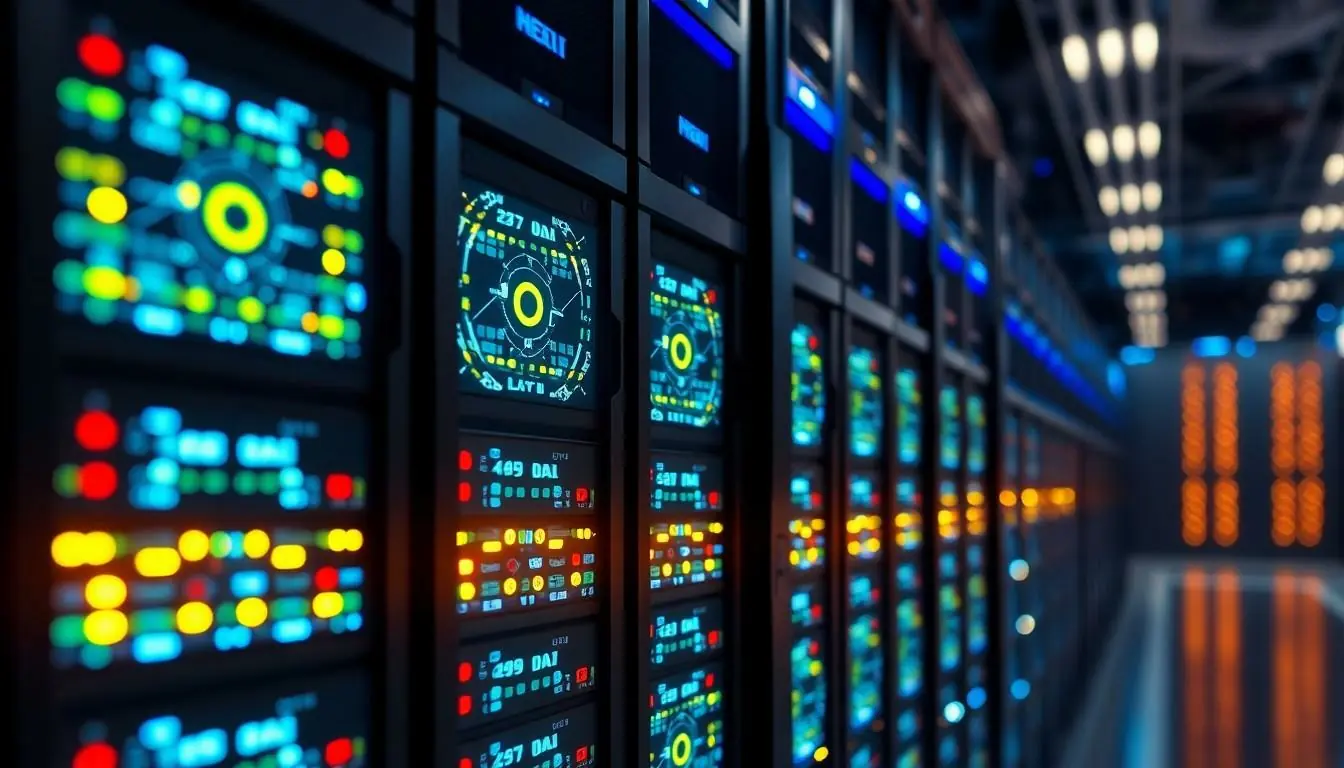Ever found yourself staring at the screen, eagerly awaiting ChatGPT’s response, only to be met with a delay that feels like an eternity? You’re not alone. In a world where instant gratification reigns supreme, waiting for a digital assistant can feel like watching paint dry. But what’s really going on behind the scenes?
The truth is, there’s a complex dance of algorithms and data processing happening, and it takes time to get it right. From understanding context to generating coherent responses, ChatGPT’s inner workings are more intricate than a Rubik’s Cube on a rollercoaster. So, before you start questioning its commitment to your conversation, let’s dive into the reasons behind those seemingly endless pauses. You might just find that patience is a virtue—even in the digital age.
Table of Contents
ToggleFactors Influencing Response Time
Response times for ChatGPT depend on multiple factors that affect its processing capabilities. Understanding these can explain the wait users experience.
Server Load and Demand
High server load significantly impacts response times. Increased user traffic often leads to slower processing. During peak hours, numerous queries compete for processing resources, which can create a backlog. Maintaining infrastructure becomes essential for accommodating demand. Optimizing server capacity may ease delays during busy periods. Regular maintenance ensures systems operate efficiently, contributing to quicker responses when more users access the service.
Complexity of the Query
The complexity of a query also determines response time. Simple questions usually receive quicker replies than intricate, multi-part inquiries. Analyzing complex requests requires in-depth processing, which consumes additional time. Neural networks must evaluate multiple factors and data points for accurate generation. Users who present more detailed or nuanced queries may experience longer waits. Furthermore, ChatGPT must ensure its responses adhere to context and coherence, adding another layer to processing times.
Technical Limitations

Technical limitations significantly impact ChatGPT’s response time. Several factors within its architecture affect processing delays.
Processing Speed
Processing speed depends on multiple elements. Server performance plays a crucial role in determining how quickly queries are handled. High server loads often slow down response times as many users rely on the same resources. Additionally, the complexity of a user’s request influences how efficiently ChatGPT can generate a reply. Straightforward questions typically receive responses quickly, while complicated queries require more computational power and time to analyze thoroughly.
Response Generation Algorithms
Response generation algorithms are responsible for crafting answers based on user input. These algorithms analyze data patterns and context to ensure accuracy. Intricate algorithms contribute to slower delivery times, especially when users pose multi-layered questions. Each algorithm must assess potential responses for relevance and coherence, leading to longer processing durations. Continuous updates and optimizations aim to enhance algorithm efficiency and reduce wait times.
User Experience
Users often expect near-instant responses when interacting with ChatGPT. They may find the reality quite different, leading to frustration.
Expectations vs. Reality
Many users anticipate immediate answers, similar to quick searches on the internet. Achieving this speed proves challenging due to the complexity of generating coherent responses. Queries that require complex reasoning take longer to process. While simple questions often yield faster replies, more intricate inquiries necessitate deeper analysis, impacting overall response time. Recognizing this distinction helps users align their expectations with reality. Understanding the underlying processes improves patience during interactions.
Impact on User Satisfaction
Response delays can significantly affect user satisfaction. Quick answers enhance the overall experience, fostering engagement. When wait times increase, frustration may rise, leading to negative perceptions of the service. Users appreciate prompt and accurate replies, so inefficiencies can create dissatisfaction. Satisfied users are likely to return, while those frustrated by delays may seek alternatives. Providing a seamless experience remains crucial for ChatGPT to maintain a loyal user base.
Potential Solutions
Users can take proactive steps to enhance their experience when interacting with ChatGPT. Understanding and implementing strategic solutions can lead to improved response times.
Improving Infrastructure
Upgrading server capacity significantly impacts performance. Increased bandwidth accommodates more simultaneous users, reducing wait times. Implementing distributed server networks enhances load balancing, ensuring efficient query handling. Regular maintenance optimizes operational stability. Investing in advanced hardware directly accelerates processing speeds. Additionally, cloud technology allows for scalable resources, adapting to varying demand levels. These enhancements collectively foster a smoother user experience, resulting in quicker and more reliable interactions.
Optimizing Response Algorithms
Refining algorithms directly influences response generation speed. Streamlining data analysis processes minimizes the turnaround time for answers. Prioritizing simpler queries for quicker responses enhances overall efficiency. Incorporating machine learning techniques improves the model’s ability to interpret context effectively. Continuous updates keep algorithms aligned with user needs, reducing unnecessary delays. Furthermore, leveraging parallel processing allows complex queries to break into smaller, manageable tasks, lowering wait times. These algorithmic enhancements empower ChatGPT to deliver timely and relevant responses, ultimately enriching user satisfaction.
Understanding the reasons behind ChatGPT’s response times can help users manage their expectations. The intricate processes involved in generating accurate and coherent replies require time and resources. High server loads and complex queries often contribute to delays that can frustrate users seeking immediate answers.
By recognizing these factors, users can cultivate patience and appreciate the technology’s capabilities. Continuous improvements in server infrastructure and algorithm optimization promise to enhance efficiency. As users navigate their interactions with ChatGPT, aligning their expectations with the service’s realities can lead to a more satisfying experience. Embracing this understanding fosters a better relationship with the technology, ultimately enhancing engagement and satisfaction.

